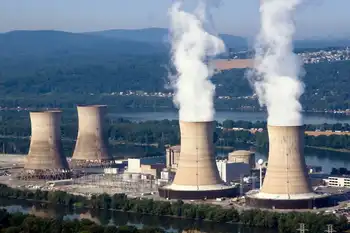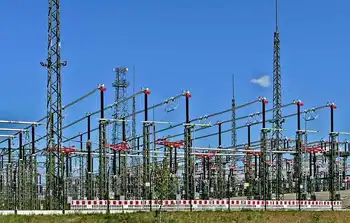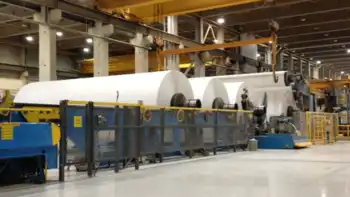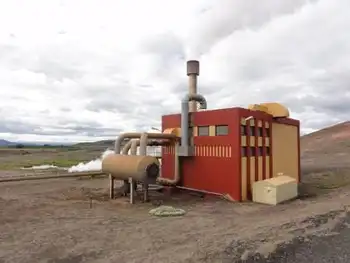Solar firms team up on recycling to beat regulators
By Reuters
Protective Relay Training - Basic
Our customized live online or in‑person group training can be delivered to your staff at your location.

- Live Online
- 12 hours Instructor-led
- Group Training Available
The goal is to set up a voluntary take-back system for solar modules by the end of 2008, the group handling the project said.
"We will be the first in Europe to establish such a system. And I could well imagine that it will become a model for other countries," said PV Cycle President Karsten Wambach, who also heads SolarWorld's Solar Material division.
The new PV Cycle association embraces about 17 solar companies including Q-Cells, SolarWorld, Sharp, Kyocera and First Solar, as well as German solar industry association BSW and the European Photovoltaic Industry Association (EPIA).
Recycling amounts are relatively low compared with annual installed capacity as the solar boom has taken off in the past four years while modules last up to 25. Mostly, only flawed or damaged modules have been recycled.
But PV Cycle expects the amount of solar module waste to surge to 223 megawatt peak (MWp), or roughly 16,000 tonnes, by 2015 in Europe from 31 MWp, or some 2,000 tonnes, last year.
EPIA and Greenpeace data show 0.05 percent of global electricity consumption derived from photovoltaic in 2006 and - based on continued political commitment at a global level - the share is expected to soar to about 10 percent by 2030.
By acting now, the industry association hopes to avoid seeing unfavorable, costly European regulation imposed later.
"It's probably better to do it with a scheme that is specifically designed for photovoltaic than if you have to conform to the European Union directive for electronic waste, for example," said Erik Alsema, senior photovoltaic researcher at Utrecht University in the Netherlands.
Under EU rules, producers have to take back and recycle electronic equipment free of charge.
Experts say the cost of producing a solar module from recycled ingredients rather than primary material is about the same.
But using recycled solar wafers takes up only a third of the energy needed to produce a module from first-hand material as purifying silicon to solar-grade level is energy intensive.
And as the industry is struggling with a silicon supply bottleneck, recycling provides another source.
"If the industry can show that the scheme is cost effective and environmentally good, then the EU doesn't have to lay down regulations," Alsema said.
There are only a few module recycling plants worldwide, with two in Germany, the world's largest solar market.
One of the German plants is run by a unit of SolarWorld.
U.S. thin film company First Solar operates the other, using cadmium telluride rather than silicon in its modules, protecting it from rising costs that hurt other solar equipment makers.
But as cadmium is highly toxic and may cause kidney damage and lung cancer, it has set up a recycling system on its own.
"The recycling process is very well controlled and does not pose a risk to employees or the environment," First Solar said.
For every module sold, it sets aside an allowance to meet upcoming costs for recycling, stored in a restricted investment account controlled by an insurance company, it said.
Such a financing model could be attractive for the whole industry, PV Cycle's Wambach said.











